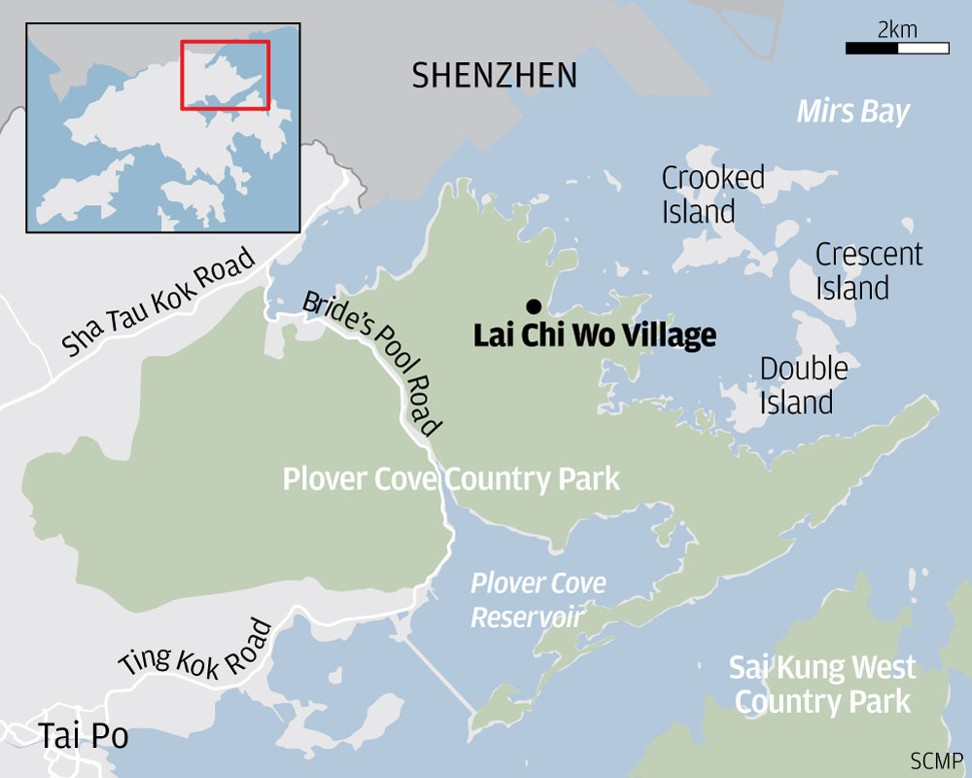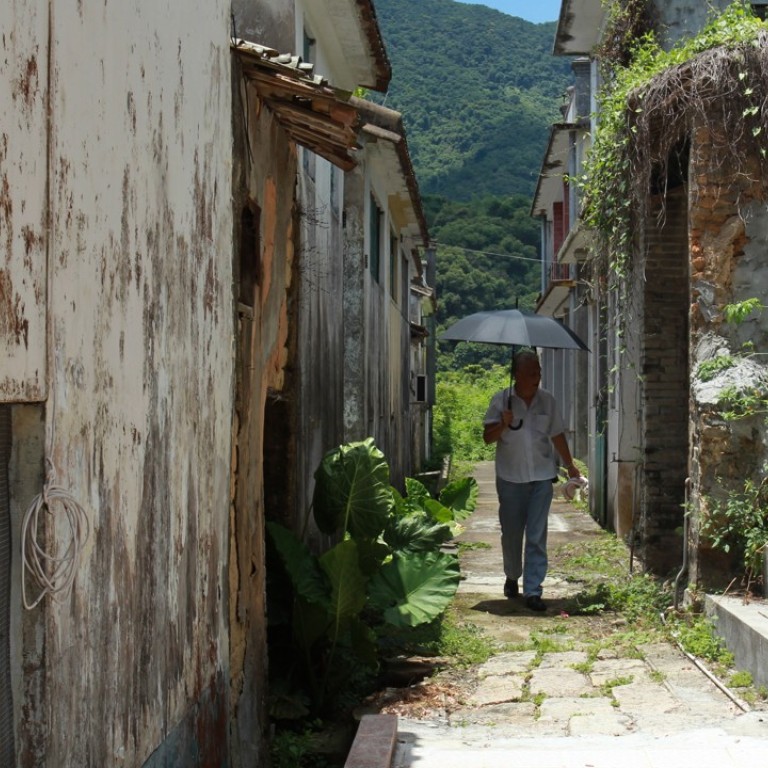
Empty dwellings in 400-year-old Hong Kong village get new lease of life as holiday homes
Town planning board approves HK$50 million project to restore 12 abandoned buildings in remote Lai Chi Wo
A cluster of abandoned dwellings in a 400-year-old walled Hakka village in Hong Kong has been given the green light for conversion into holiday homes, breathing new life into efforts to revive the city’s rural heritage.
With little resistance, the Town Planning board approved on Friday afternoon a project to restore and transform 12 abandoned homes into guest houses in Lai Chi Wo in the northeastern New Territories, close to the Hong Kong-mainland border.
The project, launched by the Hong Kong Countryside Foundation, a charity dedicated to conserving the city’s countryside, aims to revitalise the area and promote Hakka culture.
The 12 holiday houses will retain their Hakka-style architecture. Visitors will be able to take part in guided tours, workshops and other events to experience Hakka culture and lifestyle.
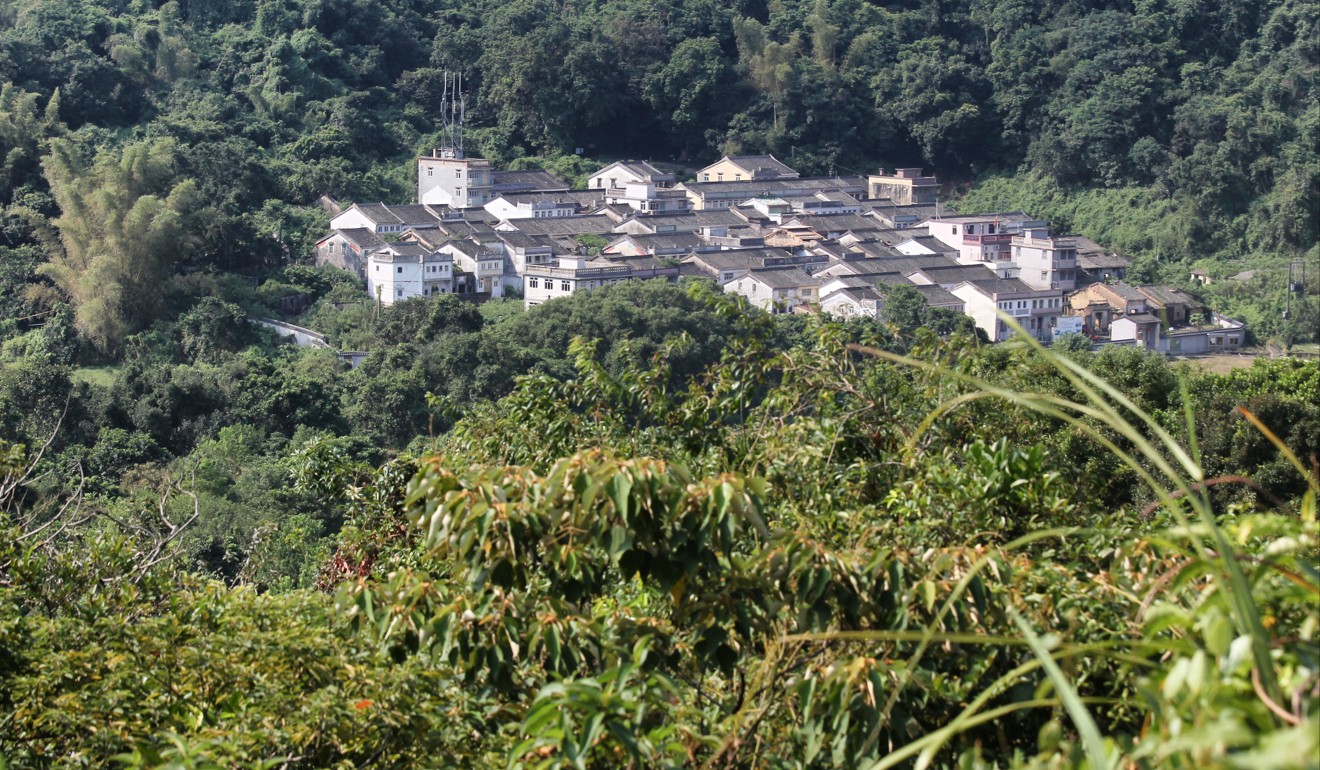
The site spans 5,640 sq ft of land and will accommodate a maximum of 48 guests in one-storey structures, according to the application submitted to the town planning board.
The foundation’s board chairman, Lam Chiu-ying, welcomed the decision by town planners, saying the project was not “simply a bed-and-breakfast establishment”.
The Hongkongers giving our abandoned villages a new lease of life
“We hope to change it into a base for experiential learning of Hakka village life. Participants can learn how to farm, appreciate traditional buildings and Hakka cuisine, and make arts and crafts,” Lam said.
The town planning board also laid down a four-year development deadline, but Lam was confident it could be completed at a much earlier date.
He added that there was a need to provide accommodation for the revitalisation project to be successful due to Lai Chi Wo’s remote location.
Watch: The Lai Chi Wo experiment, how to revive a vacant village
Tucked into a 90-hectare enclave at Plover Cove Country Park, the village is accessible only via a two-hour hike or by using boats small enough to traverse shallow waters and berth at the pier.
“By the time visitors get here by boat at 11am, they need to leave again in a few hours. It’s not enough time for them to get a proper experience,” Lam said.
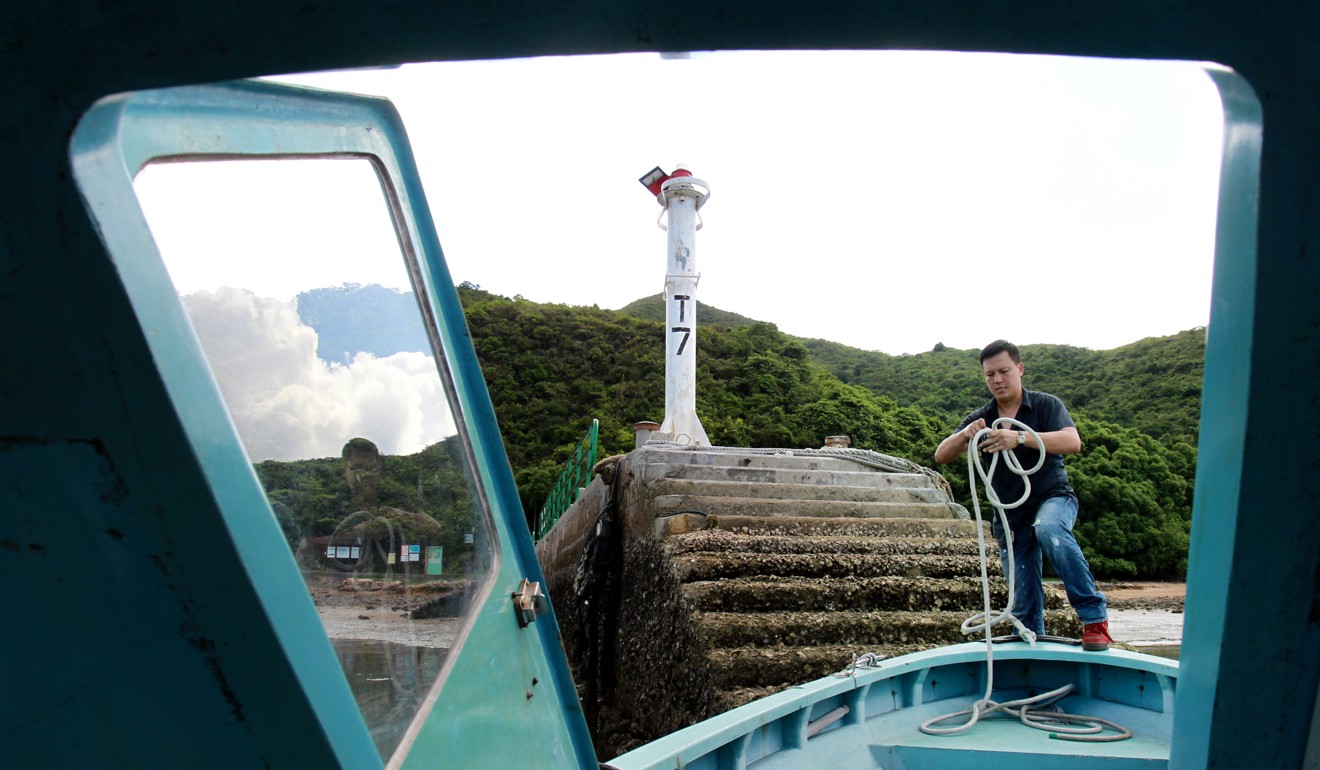
The HK$50 million project, funded by the Hong Kong Jockey Club, is part of a larger government scheme to conserve and promote sustainable development in rural areas, as raised in this year’s policy address and in 2015.
Photo gallery: Inside the abandoned dwellings of Lai Chi Wo
With more than 211 rustic Hakka village houses – many of them more than 100 years old and falling apart – the village had a population of more than 1,000 at its peak. The number dwindled in the middle of the 20th century. The village was nearly empty by the end of the 1960s as most of the villagers had emigrated overseas – many to the United Kingdom.
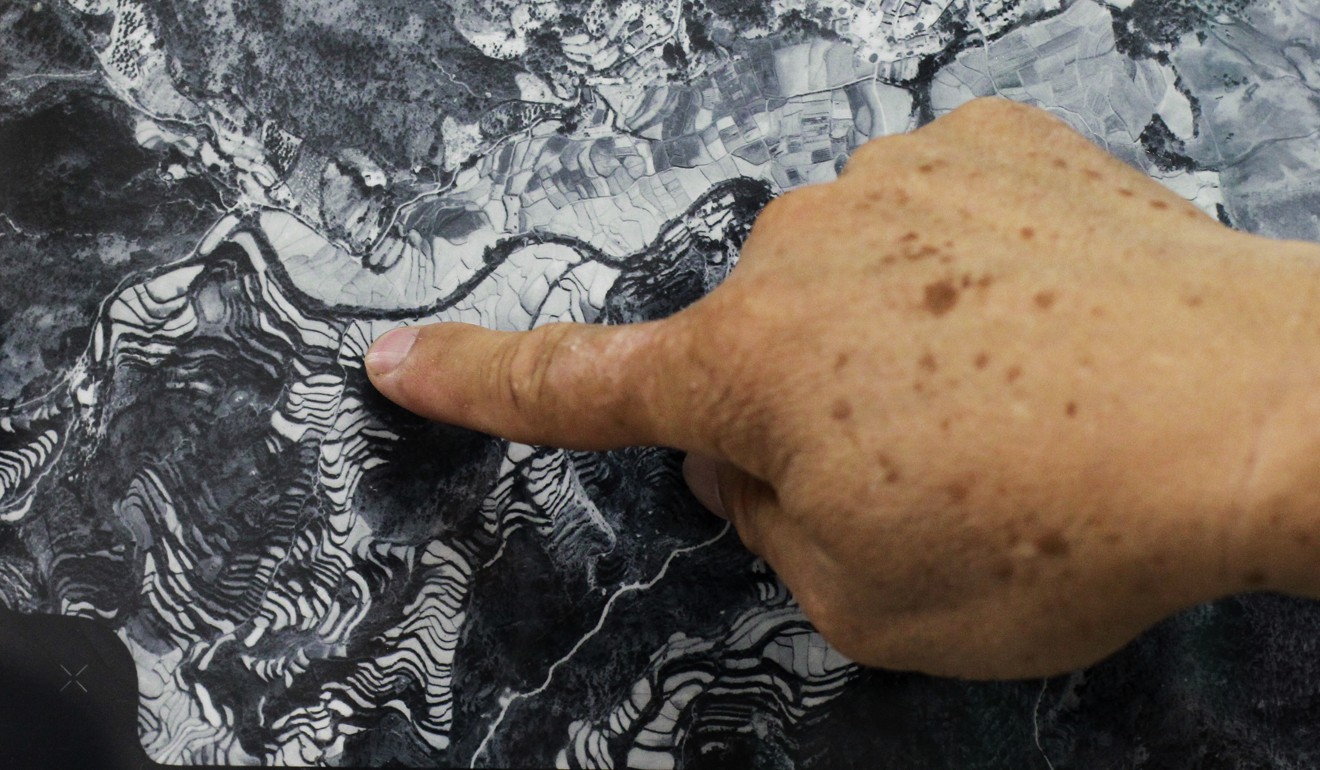
In recent years some of the original inhabitants and their descendents had returned with hopes of breathing new life into the historic village. But progress towards a new wave of agricultural, eco- and heritage tourism has been hampered by a lack of interdepartmental government coordination.
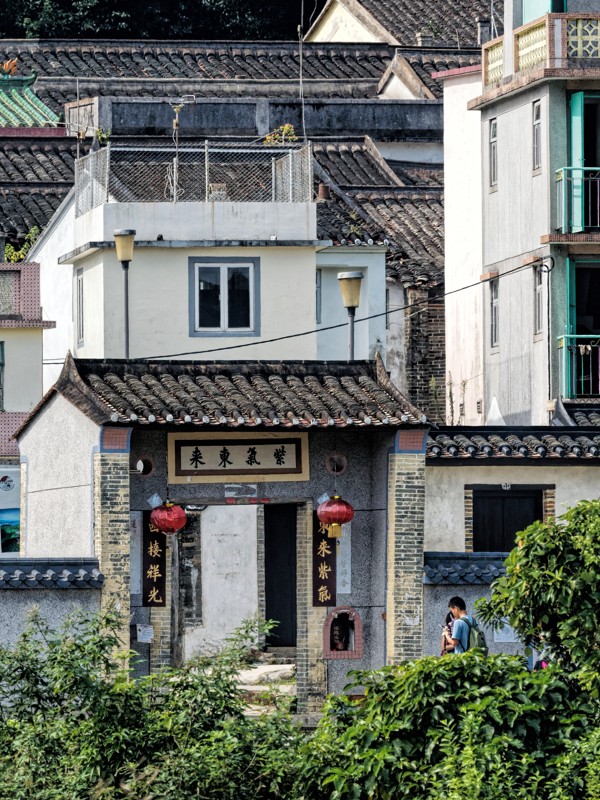
A number of government departments, such as the Planning Department, the Home Affairs Department, the Tourism Commission and Lands Department, that were consulted on the proposal did not object to the plans.
The authorities did however lay down conditions of approval, saying that the foundation would be required to provide infrastructure support such as fire safety, drainage, water supply and transport services.
The foundation pledged to provide the necessary facilities, such as a daily round-trip ferry service to cater to incoming guests.
Lai Chi Wo enclave sets pace for revival of Hong Kong villages – but need to ease regulations is apparent
Lam said there were a number of challenges ahead, including tracing ownership of the 13 private lots, making arrangements with landlords to rent the premises from them and obtaining permits to operate licensed guest houses from the Home Affairs Department.
The holiday houses will eventually be managed by a social enterprise set up by villagers.
Asked if the rooms would be fitted with air conditioners, Lam said he opposed the idea as it would go against the character of the houses, but a decision would be made at a later stage.
Additional reporting by Raymond Yeung



